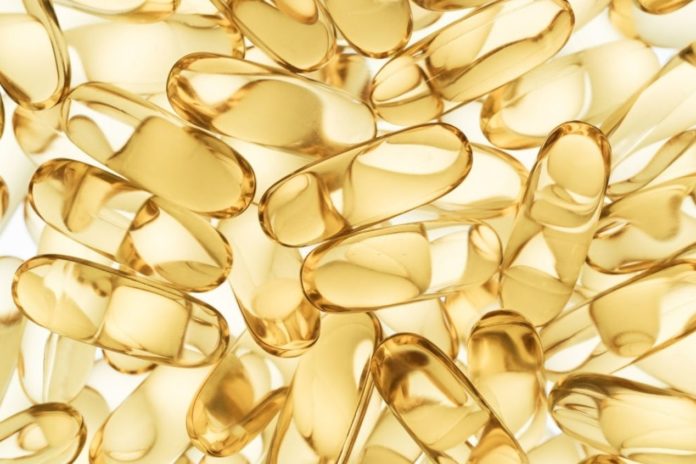Supplements containing vitamin D aren’t called ‘sunshine’ tablets for no reason. These convenient small pills provide all of the vitamin D your bones, teeth, and muscles require to thrive. When should you, however, quit taking them?
Vitamin D is necessary for the body’s calcium and phosphate levels to be balanced, which helps to avoid bone abnormalities.
To make sure you get enough vitamin D throughout the year, you may need to take vitamin D supplements at certain times.
In the presence of the sun, a chain of reactions occurs in your body that allows you to produce your own vitamin D.
During the winter, however, your skin does not receive enough sunlight to produce enough vitamin D.
In most cases, a healthy, balanced diet will provide you with all of the vitamins and minerals you require.
However, if you have a certain ailment or don’t receive enough of a certain vitamin, you may need to take additional supplements.
Oily fish, red meat, egg yolks, and fortified foods are just a few of the foods that contain vitamin D. However, getting out in the sun or taking supplements are your best bets.
According to experts and government agencies, during the winter, you may need to take a vitamin D supplement, sometimes every single day.
For most people, a daily dose of 10μg should suffice, but consult your doctor to determine how much you require.
Adults should not take more than 100μg of vitamin D per day, children between the ages of one and ten should not take more than 50μg, and newborns under the age of one year should not take more than 25μg per day.
Vitamin D is especially crucial during the pandemic because it helps your immune system to function properly.
Vitamin D influences a mechanism in the immune system and the ability of dendritic cells to activate T cells, according to researchers at the University of Edinburgh.
T cells play an important role in helping to fight infections in healthy persons.
Vitamin D induces dendritic cells to create more CD31 on their surface, inhibiting T cell activation, according to studies on mice and humans.
Vitamin D deficiency, in other words, can make you more prone to autoimmune illnesses.
Public Health England (PHE) and the National Institute for Health and Care Excellence (NICE) published a statement in winter 2021 recommending that everyone take a vitamin D supplement throughout the winter months.
Individuals with dark complexion are more at risk, according to PHE and NICE, and those with African, African-Caribbean, or South Asian ancestry should continue to take vitamin D supplements throughout the spring and summer.
They say anyone could be at risk if:
- They are housebound, spend little time outside or cover-up for cultural or religious reasons.
- They live in the regions where sunlight is less strong.
- They spend very little time outside during the summer: the housebound, shop or office workers, night shift workers.
- They live somewhere where the air is quite polluted.
Image Credit: Getty
You were reading: When to stop taking Vitamin D supplements
